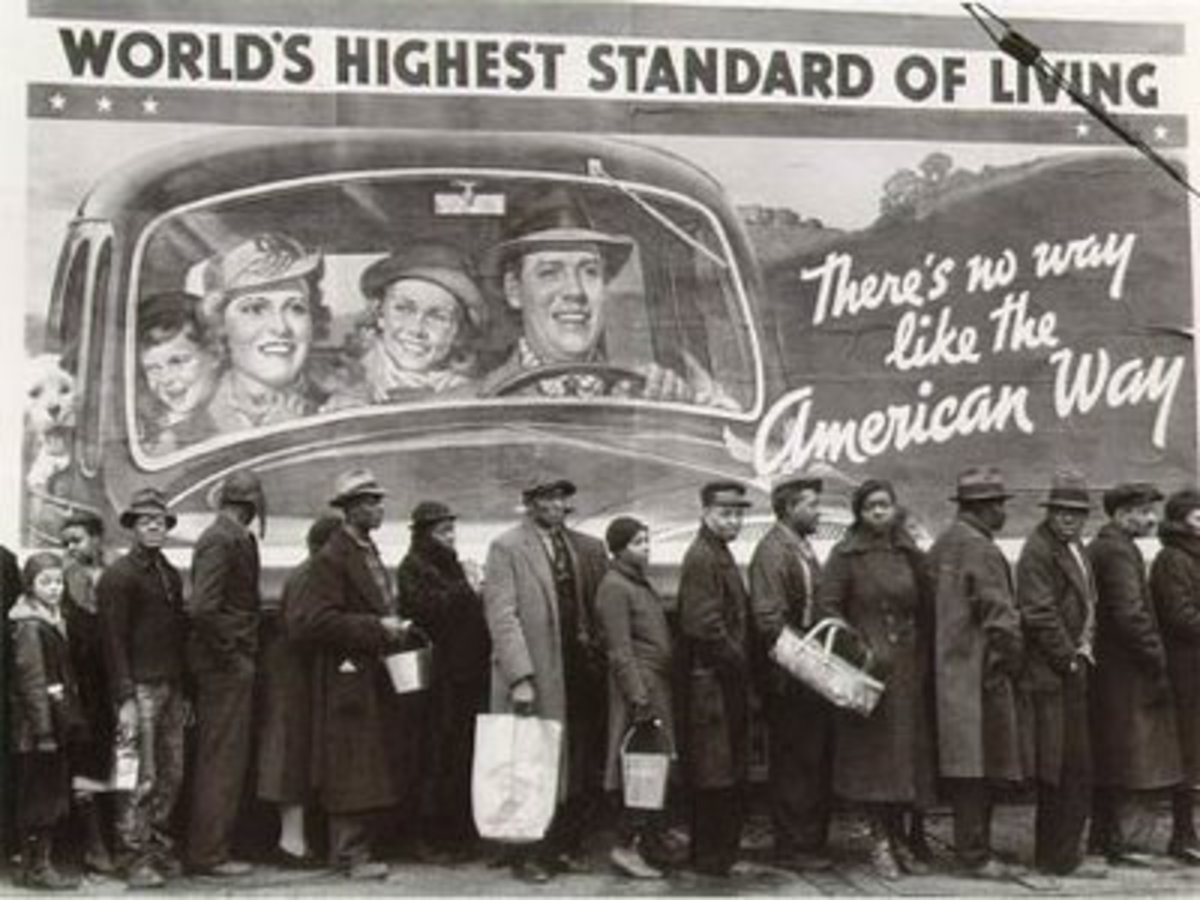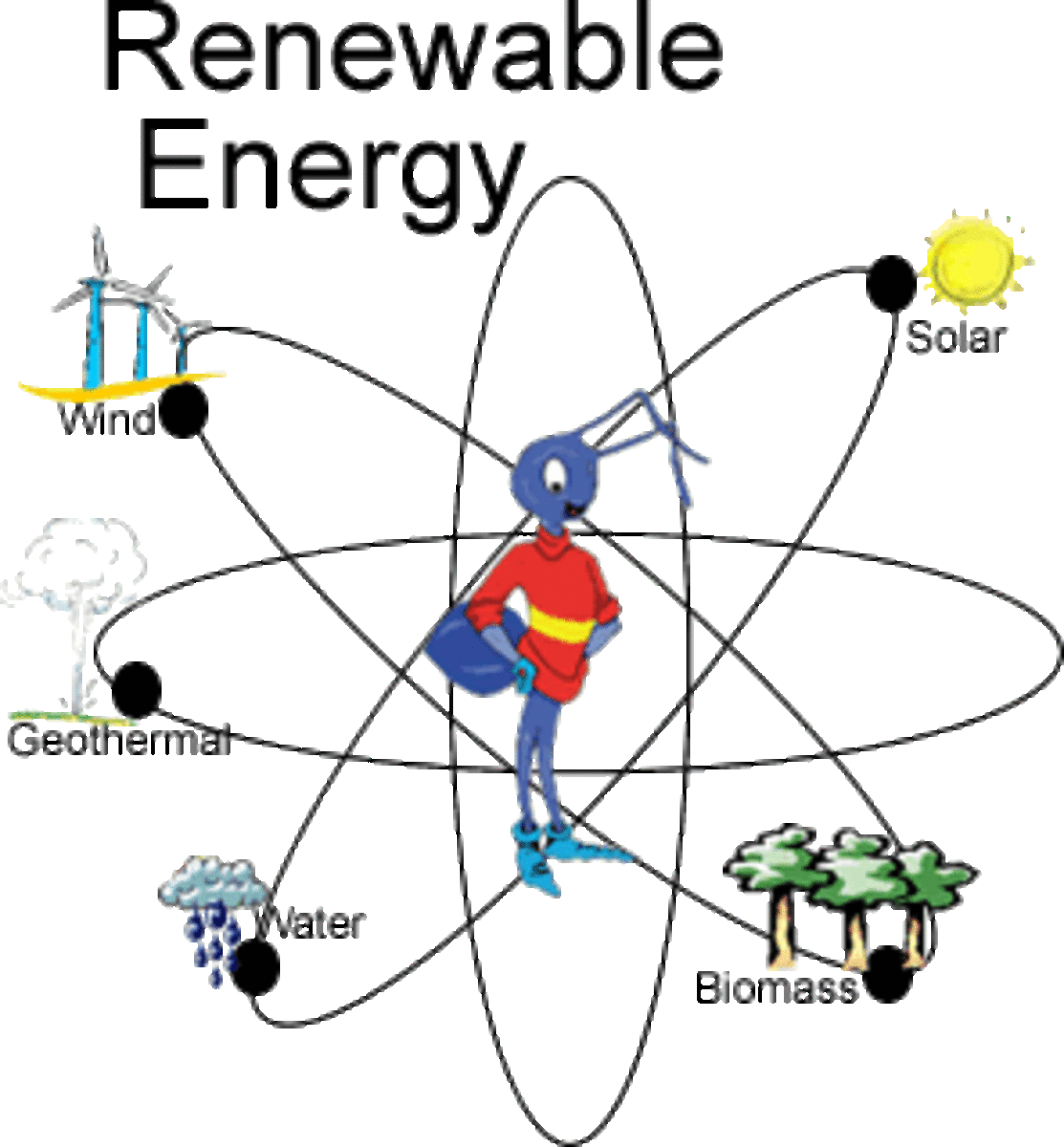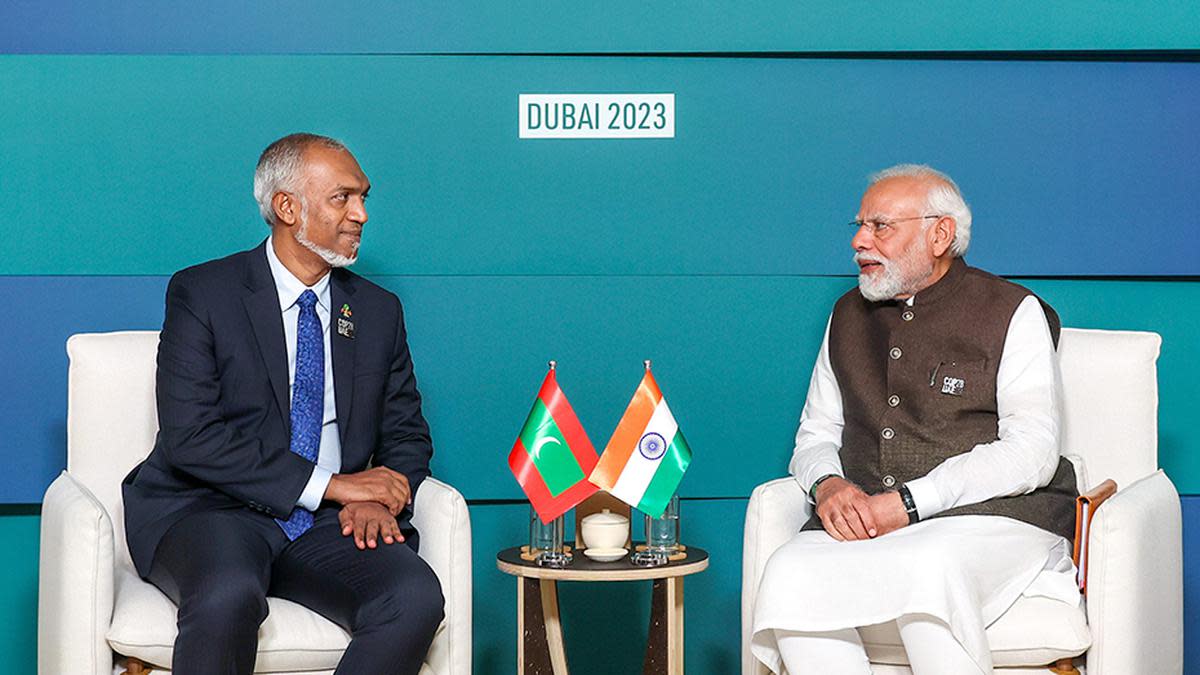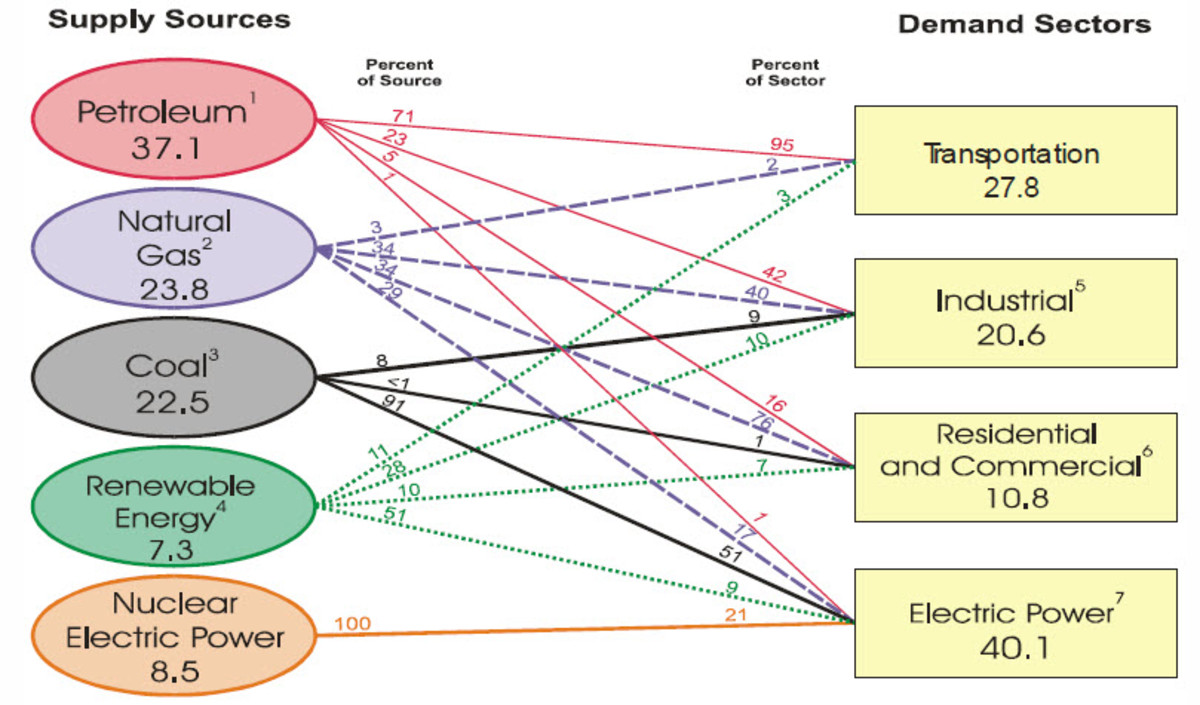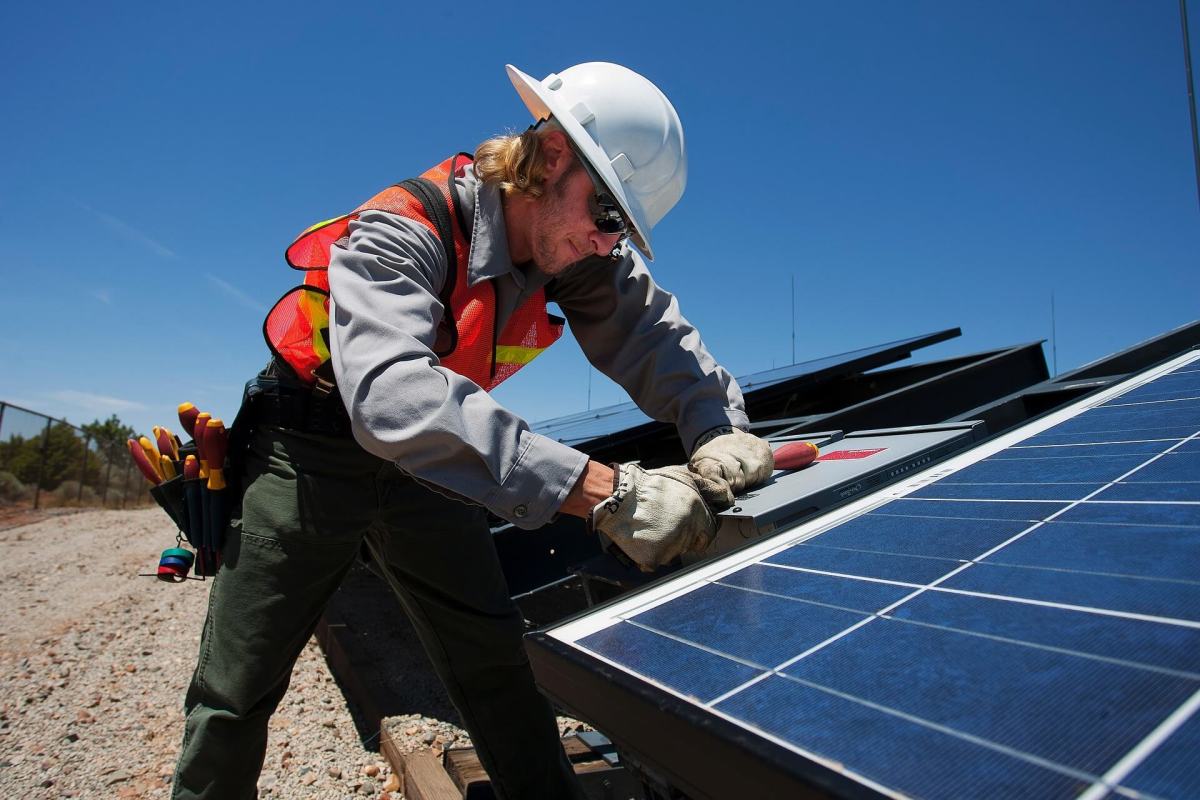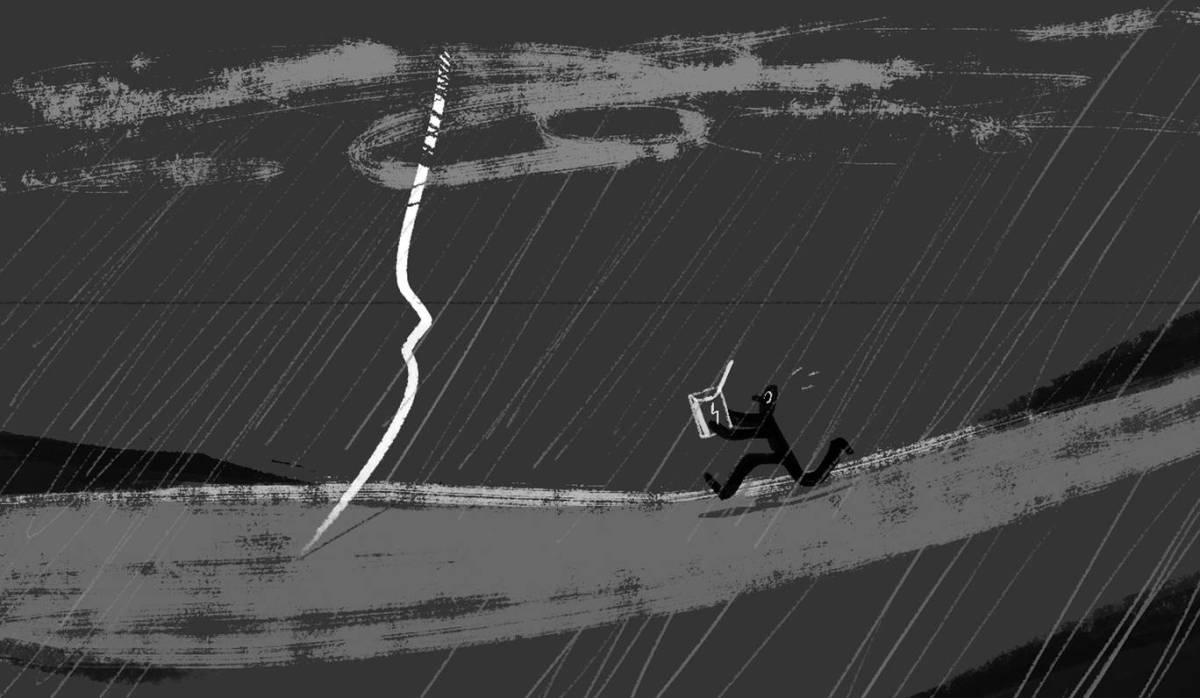Energy Access in Nigeria, Challenges and the Way Forward:
Introduction
As it lightens our environment, powers our homes, schools, hospitals, offices, businesses, and promotes industrialization, therefore electricity is fundamental and inevitable to our daily living. It is a known phenomenon that the economic growth of a nation depends on the electrical power supply.
As we all know, Nigeria has recorded advancement and stability in telecommunication market, the electricity market in Nigeria is facing mixed challenges ranging from slow growth in generation capacity, market deregulation process interference by Government, electrical transmission lines and distribution equipment vandalism, poor maintenance of existing electrical facilities and corruption.
In the vogue of global electricity market, Nigeria should not be different, which focuses on building a cleaner, more diverse and more sustainable energy mix, electricity market investment system that is quality, affordable and of proven security,
Since 2010, a radical shakeup has been building up in the Nigerian power market. The government of Nigeria under the former president Goodluck Ebele Jonathan has high aspirations for the country to be among the world’s top 20 economic by 2020 and in this regard, an economic transformation agenda was set up, This includes an ambitious target to generate 40,000 MW of electricity by that year.
Therefore, the government owned Power Holding Company of Nigeria (PHCN), which had responsibility for the generation, transmission and distribution of electricity was broken up and privatized, and opens accesses to wires and competitive forces with the aim to increase efficiency and profitability
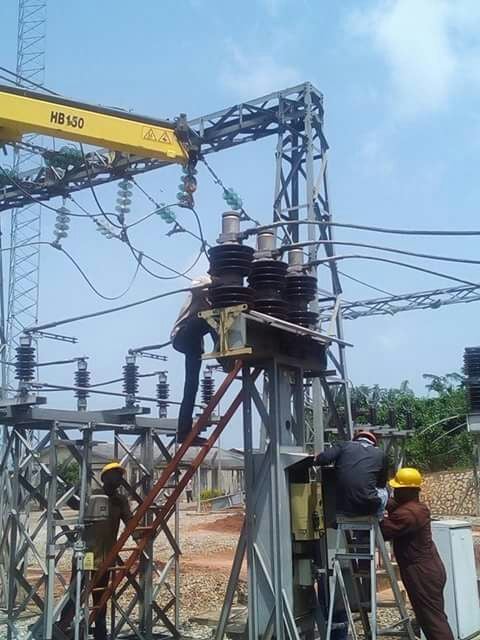
1. Privatization of Nigerian’s electricity supply industry:
The government has opted for privatization with the following purposes:
1. The realization that only private sector investments in electric power can guarantee improved power supply.
2. To ensure increased electricity supply in the country, through enabling and preservation of efficient industry and market structures.
3. To ensure the optimal utilization of resources for the provision of electricity services.
4. The reform also will seek the maximization of access to electricity services, by promoting and facilitating consumer connections to distribution systems in both rural and urban areas.
5. The reform will, however, provided that the prices charged by licensees are fair to consumers and are sufficient to allow the licensees to finance their activities and to allow for reasonable earnings for efficient operation.
6. The reform also will make adequate considerations for the safety of lives and equipment as well as protection of consumer rights.
According, the new owners of the generation companies, Gencos, has been charged to build capacity from the present level to an additional 5,000MW within the next five years. Incentives attached to the mandate for a head start include duty exemptions for equipment for gas-fired generating companies, and a five-year tax holiday, also for the investors.
The new owners of the generation companies have inherited signed gas supply and transportation agreements, while the government will stick to the agreed gas supply pricing policy, to encourage new investments in gas supply and infrastructure development.
Government hopes of boosting the fortunes of the power sector shifted to privatization after government’s costly interventions over the years to improve the sector. Although it was a successful exercise, turning the assets of the successor companies carved out of PHCN over to new investors.
2. The new owners are:
- Mainstream Energy for Kainji and Jebba Generation Company.
- North South for Shiroro
- Amperion for Geregu
- Transcorp/Woodrock for Ughelli
- NEDC/KEPCO for Egbin
- Kann Consortium for Abuja Distribution Company Limited.
- West Power and Gas for Eko Distribution Company, Disco
- Viego for Benin Disco
- NEDC/KEPCO for Ikeja Disco
- Sahelian for Kano Disco
- Integrated Energy Distribution and Marketing Company for both Ibadan and Yola Discos.
- Intestate for Enugu Disco
- 4 Power Consortium for Port Harcourt Disco and
- Aura Energy for Jos Disco.
3. Who needs an energy policy?
Since Nigerian’s electricity supply industry was privatized, many people have accused the government of having no energy policy. This shows that the government lacks an energy policy, but that it is incapable of executing one. This was the misconception. Privatization was not an abdication of policy, but an instrument of it; and at the time, it probably seemed a perfectly sensible idea in pursuit of a reasonable aim.
The idea of a ‘policy’ implies a consistent framework behind decisions, which are taken in pursuit of a clear objective. However, from time to time these decisions may be unpopular-too unpopular for a weak government to pursue. In these cases, all the government can do is to follow the line of least resistance; that is no more a policy than the law of gravity.
Therefore, the three key principles were expected to be introduced by the government, gradual evolution rather than sudden revolution, avoidance of excessive regulation and subsidiary –the principle that the detailed implementation of policy should take place at a level as close as possible to those affected by it.
As the government saw it, what industry and individuals wanted was simply the cheapest electricity possible, without subsidy through taxation. If this is the sole aim, some sort of market mechanism is the obvious means. The electricity market is far from perfect, and most consumers are still waiting to see its benefits.
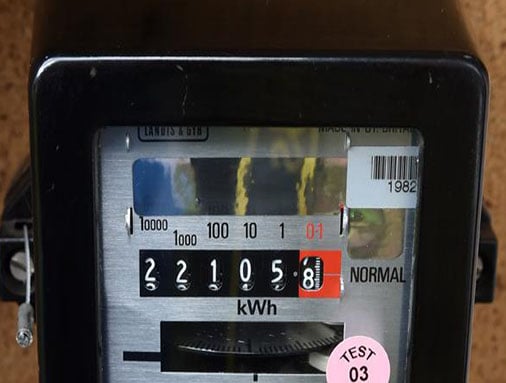
4. Energy Access, Challenges in Nigeria:
As we all know there is no doubt that making electricity clean, rather than cheap, is the most important challenge now facing in Nigeria. What has now emerged is that the basic aim was politically untenable; at present, the government is taking decisions relating to energy on the basis of quite separate issues. Until the government is in a position to face that fact, and form an energy policy that addresses it and it would be better advised to muddle on without one.
These are the major challenges that the customers are facing as regards to the energy access in Nigeria:
1. The crucial role energy plays in the development of the economy cannot be over emphasized. With reliable and affordable access to electricity that is the only means in which the industries in this part of the country can thrive. While this is much desired by all, the current structure does not fully support the realization of this objective.
2. Charging a cost reflective tariff of more than N70/KWH at this period of economic recession is not only irrational but detrimental to the growth of the economy.
3. Many consumers have laid the blame of acute shortage in electricity distribution to the inability of the distribution companies to make meters available. Different consumer right groups have called on the government to find the lasting solution to the perennial problem of inadequate metering faced by Nigerian consumers.
4. It was unfortunate that Nigerians pay the highest tariff per kilowatt in Africa even though what consumer needs to measure consumption are not made available.So it is high time the government should find the solution to this problem.
5. The issue with the estimated or crazy billing of the power usage in our homes and offices which are a huge economic burden to all stakeholders should be addressed once without any problem again.
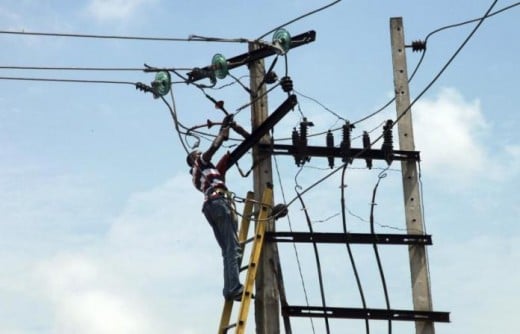
5.The way forward:
1. The Role of Government and the investors:
1. Government interventions are necessary to moderate prices and make electricity more reliable and accessible.
2. Government intervention can come through a combination of all or some of the following;
i. By subsidizing the price of gas to thermal power plants.
ii. Bearing the burden of exchange rate shock on the retail tariff.
iii. Taking up the responsibility of tariff shock due to low generation capacity as a result of security issues.
iv. Support the Gencos and Discos to access cheap finance through international, regional or local developmental initiatives among others.
3. The government even has a bigger role to play in ensuring the stability of the industry.
4. The liquidity challenge currently faced must be addressed and issues currently affect the industry that is macroeconomic in nature such as FX risk, security challenge affecting generation capacity, the impact of inflation must be owned and addressed by the government to make electricity supply more affordable and reliable.
5. The government should set up the team of Professionals from relevant ministries to continuously work on building sustainable electricity market in Nigeria that is favourable to the Nation’s economic growth.
6. The new investors and the government should be aware that over the years of electricity infrastructures in Nigeria, poor maintenance has been one of the major causes of epileptic nature of power supply, even when generation capacity rises; its utilization is limited by the malfunctioning of the transmission and distribution infrastructure.
They should know that maintenance for healthy function and life extension of such infrastructure is non-existent.The only maintenance carried out by the power sector workers is fault clearing.
Conclusion:
To achieve a sustainable electricity market that will ensure national economic growth target towards vision 2020, all hands must be on deck to monitor the Power Reform process, criticize, encourage and praise where necessary rather than folding arms and calling it a government affair.
The vandalisation of the transmission infrastructures and the distribution equipment has been a common occurrence, even before the reforms the transmission lines and equipment terribly vandalized.
The menace of corruption has set the nation backwards among her contemporaries. Corruption is a ubiquitous practice that has ravaged every sector of the economy in Nigeria, including the power sector. Reform is not spared from its venom. The instances of corruptions in the power sectors should be addressed.
© 2017 ODEWOYE FRANCIS SUNDAY



